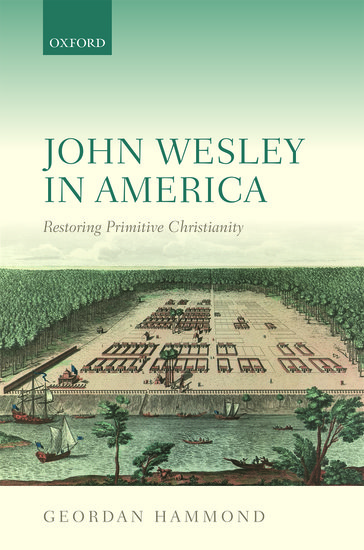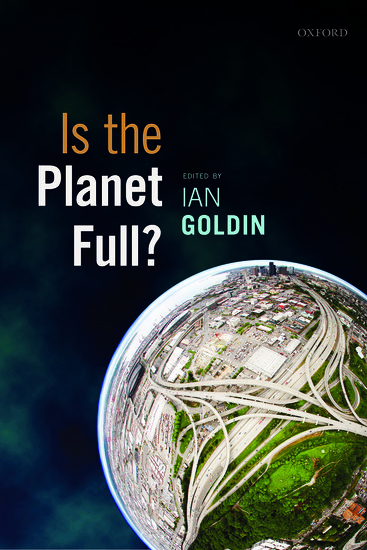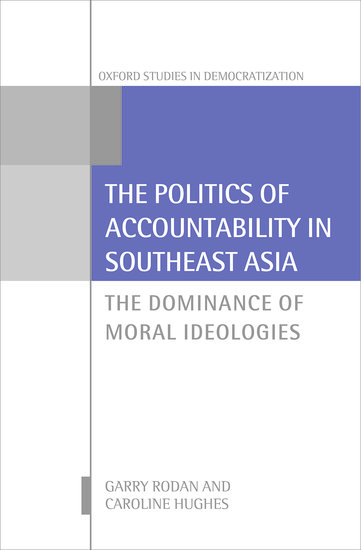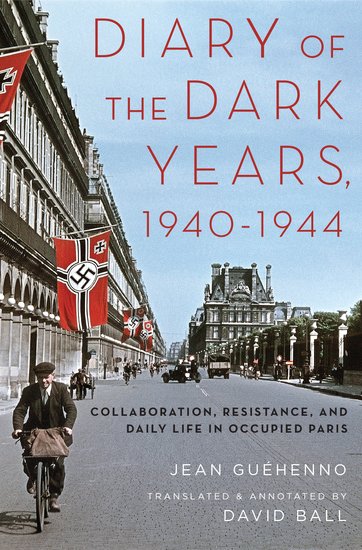World Cup plays to empty seats
By Irving Rein and Adam Grossman
Stunning upsets. Dramatic finishes. Individual brilliance. Goals galore. The 2014 World Cup has started off with a bang. Yet, not as many people as expected are on hand to hear and see the excitement in venues throughout Brazil. Outside of the home country’s matches, there have been thousands of empty seats in stadiums throughout the tournament.











